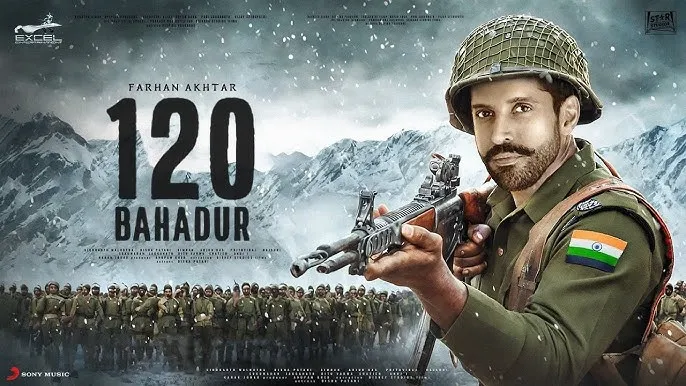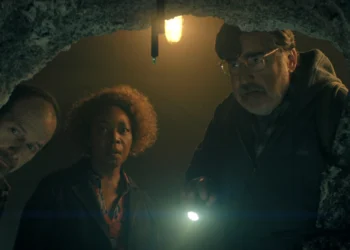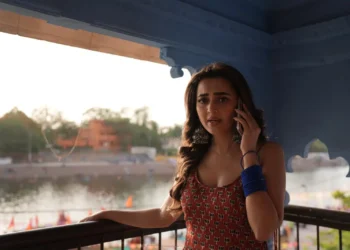Indian cinema has often drawn upon real-life tales of courage and sacrifice, transforming them into powerful narratives for the big screen. With 120 Bahadur, filmmaker Razneesh Ghai ventures into the lesser-told chapter of the 1962 Sino-Indian War—the Battle of Rezang La. Led by Farhan Akhtar in the role of Major Shaitan Singh Bhati, the film seeks to honour the bravery of the Ahir soldiers who faced overwhelming odds. But while heartfelt in intention, the film largely treads familiar territory in the war drama genre.
Story
The plot unfolds through the perspective of Ranchander Yadav (Sparsh Walia), a new recruit to the Charlie Company, who lived to recount the harrowing events of November 15, 1962. Under the leadership of Major Shaitan Singh Bhati—a strategic and compassionate officer from Rajasthan—120 soldiers of the Ahir community defended their post despite being outnumbered and outgunned by Chinese forces. Their tale is one of resilience, patriotism, and unwavering duty, but the screenplay by Rajiv G. Menon follows a conventional structure, making the narrative predictable at times.
Performances
Farhan Akhtar once again proves his mettle in biopics, portraying Major Shaitan Singh with a blend of warmth, dignity, and tactical charisma. Sparsh Walia shines in his role, offering depth and emotion as the film’s narrative anchor.
Supporting actors Vivaan Bhatena, Ajinkya Deo, Ankit Siwach, and Eijaz Khan deliver impactful performances, while Raashii Khanna offers grace in a brief role, though her chemistry with Farhan feels underdeveloped.
Behind the Scenes
Director Razneesh Ghai, himself from an army background, captures military life with authenticity—particularly in the film’s action sequences and camp scenes. The hand-to-hand combat between Indian and Chinese soldiers is executed with intensity and precision. However, the emotional arcs, especially those involving family life, feel surface-level, missing deeper layers that could have elevated the drama. At 2 hours 17 minutes, the film has limited time to explore the full emotional spectrum of its subject matter.
Final Verdict
In essence, 120 Bahadur is a sincere homage to the unsung heroes of Rezang La. It celebrates the Ahir community’s sacrifice without resorting to excessive melodrama. Yet, it refrains from taking creative risks, sticking to a “safe” war film formula where characters fall into rigid moral archetypes. While it may not reach the heights of Border, Lakshya, or Shershaah, Razneesh Ghai’s film remains a respectful reminder of the human cost of war and a story worth knowing.
If you’re a fan of patriotic war dramas and want to learn about a lesser-known chapter of Indian military history, 120 Bahadur is worth a watch—but don’t expect groundbreaking storytelling.























